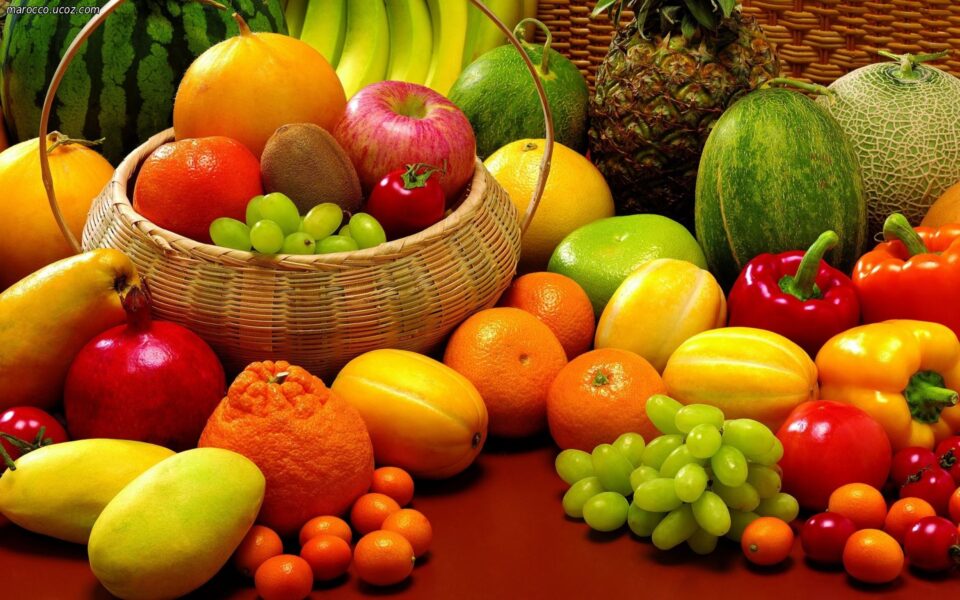A delegation of around twenty fruit and vegetable importers from Central and Eastern Europe visited Morocco in October 2023, with the mission to uncover burgeoning trade opportunities and foster new business prospects with Moroccan agrifood operators.
The event – organized by Morocco Foodex, a food export control and coordination organization – is part of the project Improving high value-added trade opportunities in the horticultural sector in Morocco, Agtivate.com informs. The project is supported by the European Bank for Reconstruction and Development (EBRD), the Food and Agriculture Organization of the United Nations (FAO) Investment Centre, with funding from the European Union as part of its European Trade and Competitiveness Programme.
“We are pleased to contribute to boosting business opportunities to benefit both European consumers and Moroccan producers,” said Othman Tlemcani, Principal Banker at EBRD. “Alongside our partners, we are keen to continue to support the Moroccan agrifood system, where we see significant value addition and investment potential.”
While Morocco’s offerings are well established in Western Europe, they remain unfamiliar to Central and Eastern European importers of fresh fruits and vegetables.
“Central and Eastern European buyers were able to discover the quality of our products and professionalism of our producers,” said El Mehdi El Alami, Director of Promotion and Development at Morocco Foodex. “Interactions with these delegations provides a pathway to foster partnerships and unlock trade opportunities.”
Overcoming barriers in Moroccan fresh produce imports
Directly selling Moroccan produce to Central and Eastern European buyers promises to boost the efficiency of the nation’s agrifood exports. Currently, the path to Eastern Europe relies on various middlemen, leading to freshness and product value losses.
“With our partners, we are assisting both agrifood businesses in Morocco in cutting intermediation and increasing their margins, and buyers in Europe in sourcing directly good quality food from Morocco,” said Luís Dias Pereira, Economist, FAO Investment Centre.
Jurga Pociūtė, Product Category Manager and Roberta Voronice, Commercial Project Manager from the Lithuanian company Maxima International Sourcing, joined the delegation with the goal to source Moroccan tomatoes, but also with a view to import other fruits and vegetables, such as citrus fruits, cucumbers and peppers.
“We used to import Moroccan agricultural products indirectly, but this year, we imported tomatoes directly by contacting producers,” said Pociūtė. “We are seeking opportunities to source tomatoes and other produce with increasingly higher quality.”
“We primarily look for producers where we can negotiate directly and guarantee premium quality – this is our top priority,” said Voronice.
The event also sought to address barriers and constraints faced by buyers in importing Moroccan fresh produce to the Central and Eastern European market.
Read also: Moroccan fresh berries: a growing success story in the Middle East
Efficiency is crucial in Central Europe’s demand for prompt merchandise delivery, especially for perishables like fresh produce. Large Moroccan producers can manage this with on-site logistics platforms. However, smaller producers must seek partnerships to ensure continuous supply and efficient redistribution in Central Europe.
These findings emerged from an FAO and EBRD study on logistics for Moroccan products in Eastern Europe, offering potential solutions for the sector.
“This trade mission was very important for the future of Moroccan exporters,” said Roger Boons, Commercial Director, Greenyard Logistics Poland. “With the range of high-quality fresh produce in Morocco, there are many opportunities to implement a consolidation platform in Poland.”
A journey through the Moroccan agrifood system
The delegation explored various facets of the Moroccan agrifood sector in the Souss-Massa region, witnessed tomato packaging and packaging operations at the Matycha station, visited the seawater desalination unit in Agadir crucial for the region’s vital resource management, and experienced the Qualipole platform in Souss – a facility dedicated to quality control and assurance in the agrifood sector.
One day was dedicated to business-to-business meetings, to enable interactions between Moroccan operators and the visiting importers.
“This mission represented a valuable opportunity to expand our commercial influence,” said Ahmed Elkarmi, General Manager of Wazo Packaging. “This is an essential diversification strategy that will strengthen our presence in strategic regions and consolidate our position on the international stage.”
The initiative builds upon previous activities organized by the partners since 2020, which have enabled Moroccan operators to explore export opportunities in Central and Eastern Europe. Past efforts included a visit to Poland and virtual inter-company meetings.
With the support of international partners and the commitment of local stakeholders, Morocco is well-poised to continue to navigate the challenges of a demanding market such as the EU in terms of quality standards and tap into the vast potential of Central and Eastern European markets.
The use of the site materials is free if there is a direct and open for search engines hyperlink to a specific publication of the East-Fruit.com website.




